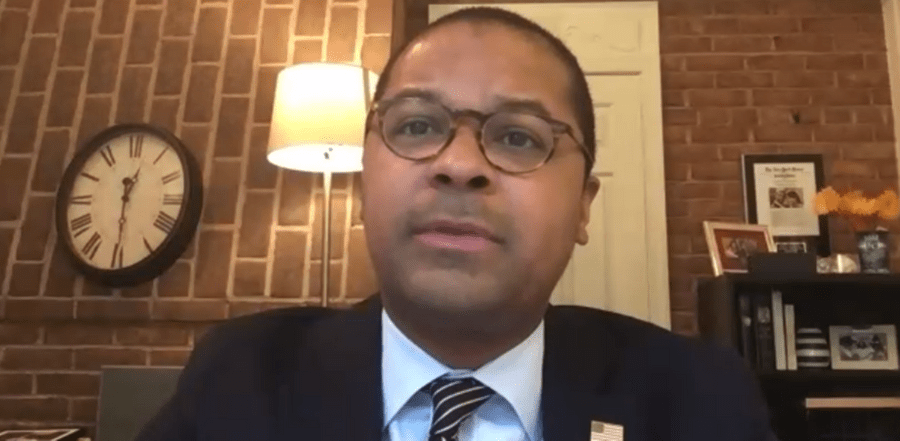Commissioner Geoffrey Starks Says FCC Eyes Emergency Broadband Benefit Program as a Priority Item
February 16, 2021 – Federal Communications Commissioner Geoffrey Starks said the $3.2 billion Emergency Broadband Benefit program is currently a top priority for the regulatory agency. The FCC has 60 days to determine how best to allocate the money from the program intended to reach “more disconnect










Member discussion